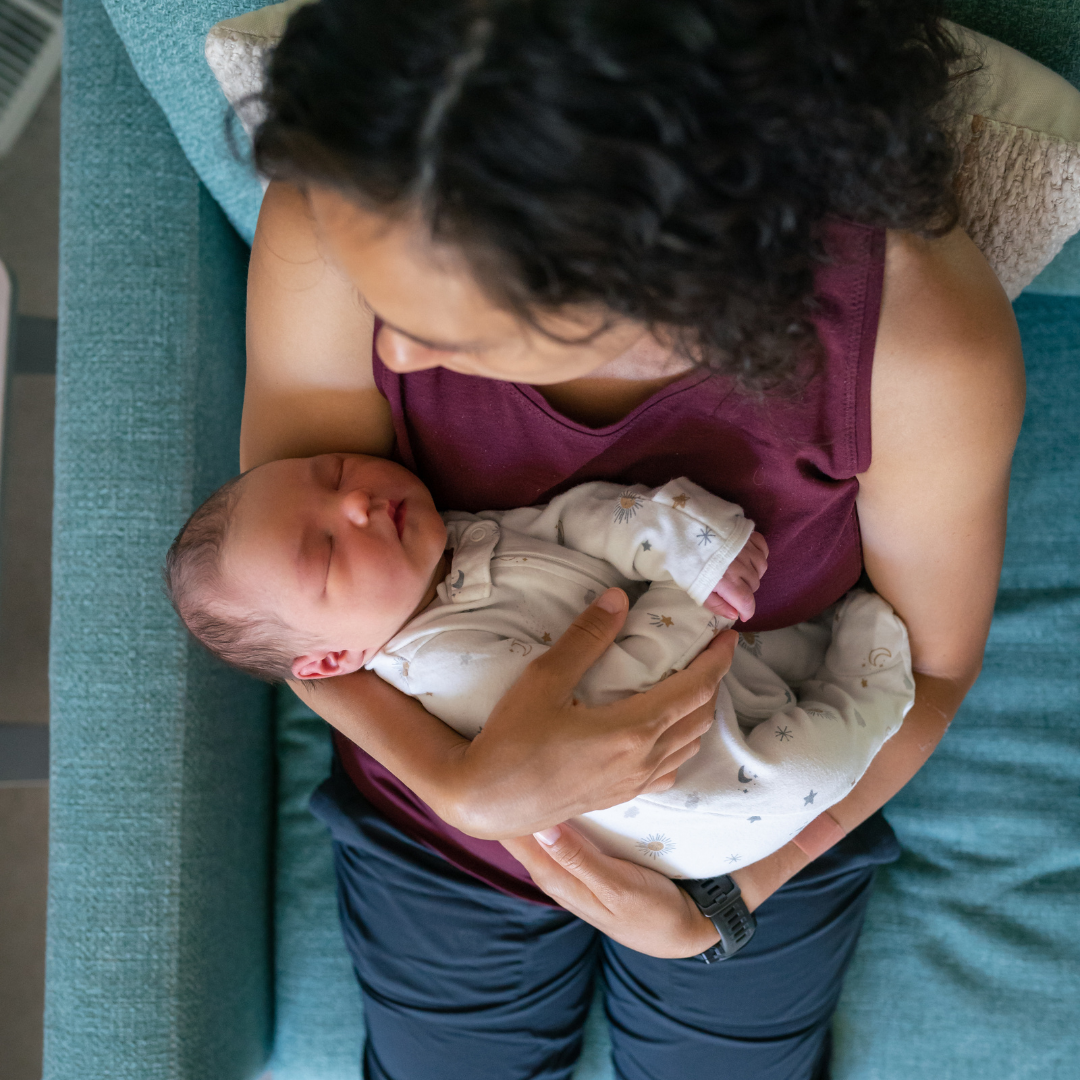Welcoming a new baby can be an overwhelming time for so many of us. There are so many changes whether it’s your first baby or you have Littles at home and having support can make all of the difference. Whether you have a great support network of family and friends, or you’re lacking a community to rally the support you need, a postpartum doula can be a tremendous resource.
I spoke with Aleca, a certified postpartum doula and newborn care specialist here in the Seattle area to get all the details to help you find the support you need as you bring baby home.
What does a postpartum doula do?
Not only are postpartum doulas there to help support the birthing parent (if there is one as you can have a doula if you’re adopting or have a surrogate), but also to support the whole family.
They can assist with things like:
- Overnight care: Let’s face it, sleep is a luxury in those initial weeks. A doula can help shoulder some of tasks allowing for longer and/or more restful times for parents.
- Feeding support: while a doula can feed the baby directly, they can also support needs of chest-feeding parents during feeding sessions.
- Household support: From preparing meals to light housework, and even tending to the older siblings, a doula can really lighten your load.
- Referral network: Since they often have a vast network, if a need arises that is beyond their scope, doulas can refer families to the necessary resources.
Where do I even start to look for a postpartum doula?
There is a sea of information out there like never before and it can be hard to know where to credibly look these days. Getting a referral from a friend or family member is always a great way to start, or a local moms group where people can share their experiences. You can also do a search via DoulaMatch, NAPSDoulas.com, or even Google.
What should I look for in a postpartum doula?
A postpartum doula will be coming into your home and their top priority is to support your family, so the number one thing you should look for is compatibility. It’s always good to check to see if they are certified through one of the third party entities such as DONA, CAPPA, or NAPS. You also want to make sure that they carry liability insurance, are CPR certified, and are willing to share references with you.
When interviewing potential postpartum doulas it’s important that you jive with them because they are there to support your family needs. Aleca recommended interviewing at least 3 doulas if possible to make sure you’re finding the best fit for you. Here are a few questions she recommended asking:
- What other certifications/qualifications do you have?
- What do you not like to do? What limitations do you have?
- What services do you offer?
- How does your schedule work? How many families do you take on at a time?
If you are considering a postpartum doula, it’s recommended you start as early on in your pregnancy as you can because they often book out several months. I know some of you are thinking that a postpartum doula is not financially feasible, but it never hurts to look into it and see if you can find someone with a sliding scale option (and there are some who do pro bono hours as well). Also, some companies offer support for a postpartum doula as part of their parental leave package.
So if it sounds like a postpartum doula is a route you want to check out, I highly recommend finding someone like Aleca who says, “I feel so lucky to do this work. It doesn’t even feel like work.”
Start your postpartum doula search:


